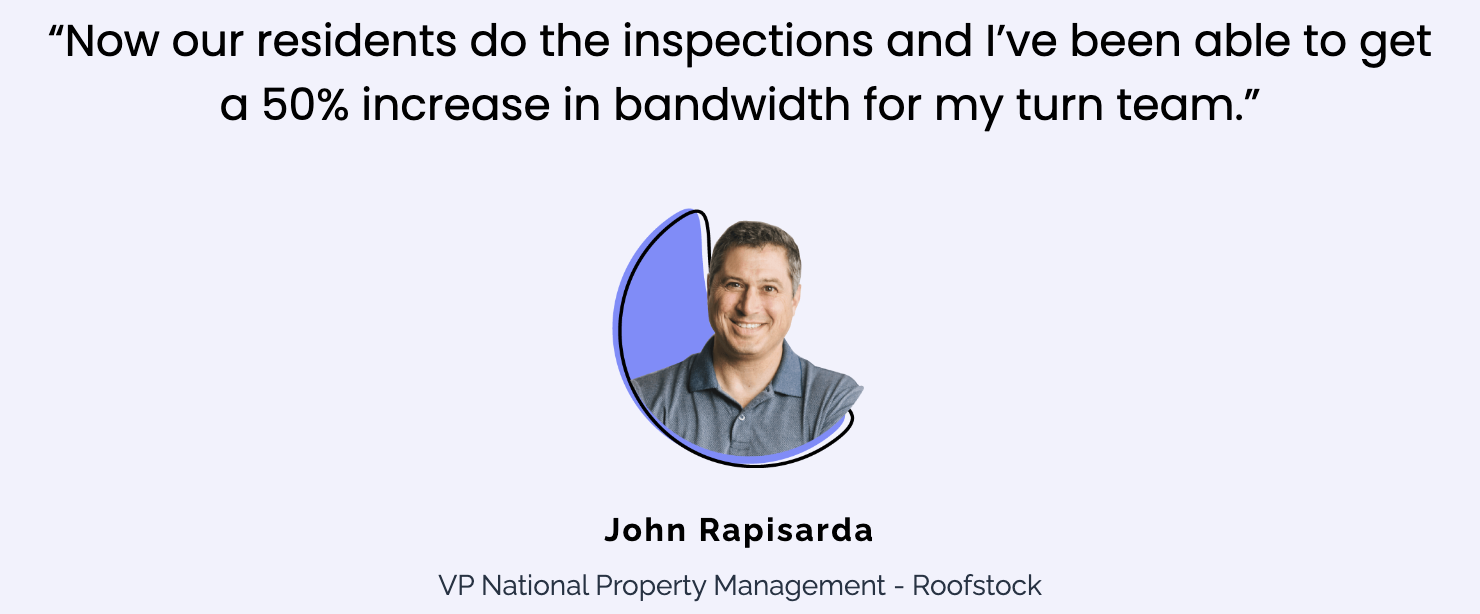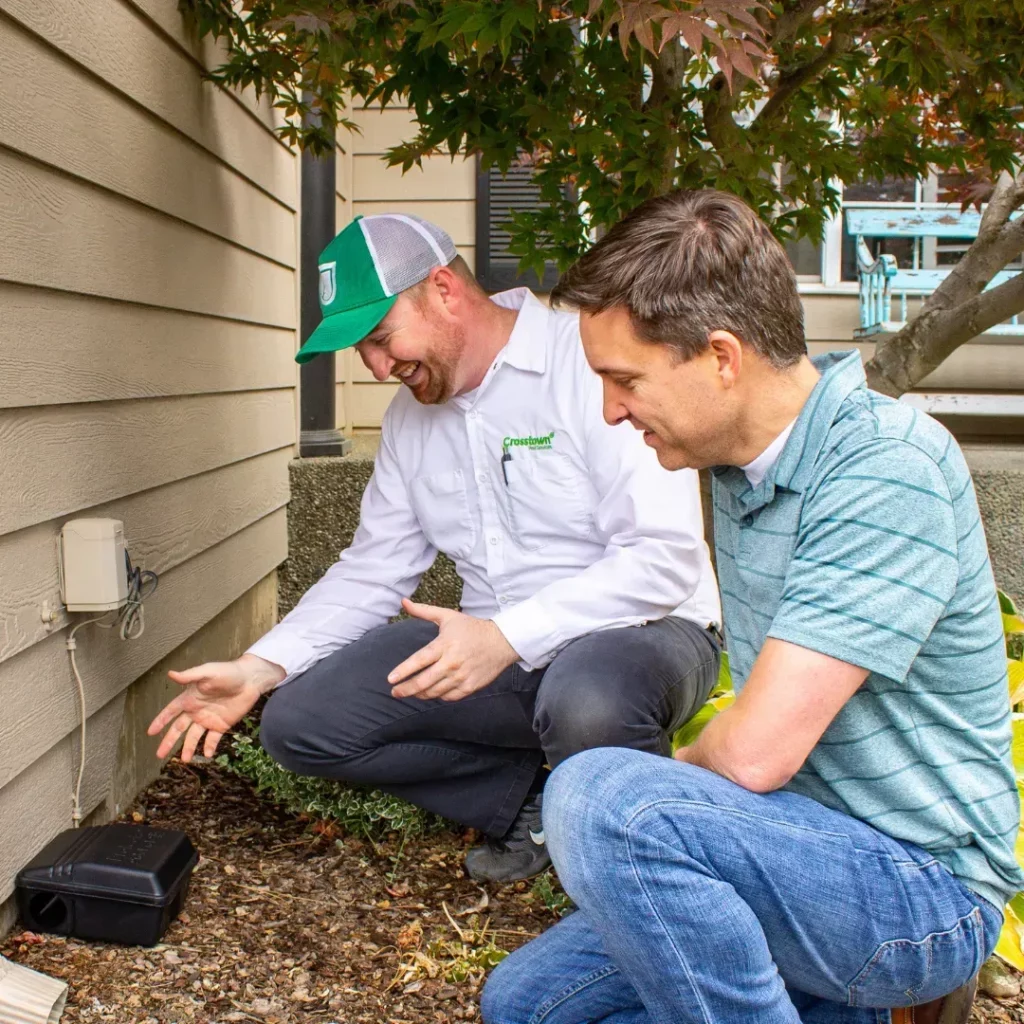Location! The location has always been the primary focus for both REIT executives and other property professionals. Now, three additional words are entering their lexicon with increased frequency–environmental, social, and governance.
Due to a mix of drivers, environmental, social and governance (ESG) worries are gaining prominence among REITs and their own investors. ESG is becoming a critical point of focus from the perspective that failure or success may determine the long term of assets.
“The U.S. is rapidly catching up with the Europeans on ESG issues,” says Sam Adams, co-founder and CEO of San Francisco-based based Vert Asset Management. In 2017, Vert Asset Management started the Vert Global Sustainable Real Estate Fund, a mutual fund investment in publicly-traded REITs which rely upon ESG metrics. Let’s start off by defining what ESG really means.
What is ESG?
Environmental, Social and Governance (ESG) Criteria is a set of standards for a company’s operations that socially conscious investors use to screen potential investments. Environmental criteria look at how a company performs as a steward of the natural environment. Social criteria examine how a company manages relationships with its employees, suppliers, customers and the communities where it operates. Governance deals with a company’s leadership, executive pay, audits, internal controls and shareholder rights.
REITs Focusing on ESG
“Seven of the 10 biggest retirement funds on earth now invest on an ESG foundation. It is becoming a must-have,” Adams says. “If you don’t own an ESG application, you might shed some investors.”
The Emerging Trends in Real Estate report claims sensitivity to ESG issues has improved from the American property market because the Trump government decided in 2017 to pull the U.S. out of their Paris climate accord. The report adds to a growing body of opinion and evidence demonstrating that it’s imperative for REITs to devote to ESG. And pressure is mounting to allow them to do so.
For instance, US SIF: The Forum for Sustainable and Responsible Investment in early October combined legal specialists, state treasurers, public pension funds, unions and foundations in submitting a petition with the U.S. Securities and Exchange Commission looking for a rule that would support more robust company disclosure of ESG information. According to Nareit, 70 percent of REITs publicly report their sustainability efforts in some form.
In a 2016 survey, US SIF discovered that investors that consider ESG standards in strength management accounted for one-fifth of capital under professional direction in the U.S., or $8.72 trillion — up 33 percent from 2014.
A 2018 survey by San Francisco-based investment consulting firm Callan discovered that 43 percent of U.S. institutional investors had integrated ESG factors into their investment decisions, compared with 22 percent in 2013. Another 2018 poll, this one from the Morgan Stanley Institute for Sustainable Investing and Morgan Stanley Investment Management, showed that 84% of owners of institutional assets are either pursuing or so are”actively considering” integration of ESG factors in their investment strategies.
The Emerging Trends in Real Estate report points out that investment managers are evaluating REITs on ESG dimensions like energy efficiency and carbon footprint reduction, conservation policies, employee participation, community participation, corporate integrity and board independence.
One international REIT asset supervisor disqualifies businesses whose scores are not high enough on the Global Real Estate Sustainability Benchmark report. Another significant global investor has generated an “environmental dashboard” to move its possessions so that it could develop into an energy-efficient “landlord of selection.”
“All in all, ESG is a element that’s considered by many REIT finance managers, but rarely is it the most important concern,” says Kevin Nagy, assistant vice president of Callan’s actual assets consulting team and a part of Callan’s ESG committee. “Valuation and cash flow metrics are still the main factors in the stock selection process for the majority of managers.”
“The newest frontier at ESG is health and wellbeing,” Adams says. “Firms are recognizing that greener buildings have happier, more productive tenants because of the better lighting, temperature control and air quality. This translates to less absenteeism and better employee retention.”
Market intelligence supplier Four Twenty Seven and property tech firm GeoPhy recently rolled out a data product that provides forecasts on the climate change might affect REITs. The firms reported at a brand new white newspaper that, for instance, the 3 REITs operating in the U.S. which are exposed to the possibility of rising sea levels are New York City-based office and retail REIT Vornado Realty Trust and also Chicago-based multifamily REIT Equity Residential.
As more emphasis is placed on ESG, Mario López-Alcalá, vice president of research in New York City-based MSCI, a provider of investment indicators and portfolio evaluation tools, states U.S. REITs are currently studying the company case, rather than just the values-driven angle, of ESG initiatives. And dollars-and-cents view makes sense.
Case in point: Hannon Armstrong, an Annapolis, Md.-based “green” REIT. Since going public in 2013, the REIT has executed approximately $5 billion in transactions for financing infrastructure projects, such as wind and solar installations. Throughout the end of 2017, Hannon Armstrong’s total shareholder return sat at 175 percent.
“We see climate change as one of the defining problems of our generation, and we view finance as the main enabler to the quick adoption of clean energy technologies,” says Amanda Cimaglia, director of investor relations in Hannon Armstrong.
Cimaglia says near one-fourth of their REIT’s institutional shareholders use some kind of ESG screening methods when choosing investments. Hannon Armstrong’s board of directors today manages the REIT’s ESG strategies, which Cimaglia states are in the midst of being picked up.
Toledo, Ohio-based healthcare REIT Welltower Inc. and Los Angeles-based workplace REIT Kilroy Realty Corp. are one of other REITs who have awakened their commitment to ESG. Nareit formed the Real Estate Sustainability Council at 2016 to help direct ESG efforts at REITs.
In the long term, MSCI’s López-Alcalá says, paying attention to ESG promotes resiliency for REITs and other property owners, such as having the ability to withstand flooding and other climate events triggered by climate change and being equipped to address changing tenant demands for things like”green” mixed-use space.
“Given that properties have been long-lived assets, ESG factors contribute to future-proofing investments in property assets,” López-Alcalá says.
Bringing ESG to the Single Family Home
What does this mean for property managers, REITs, and landlords managing single family homes?
You won’t get better by staying the same, and with everything, that means challenging the conventional wisdom and putting your focus on continuous improvement. The next frontier of improvement for single family homes will be on ESG factors.
For environmental factors: How can we make our homes more energy efficient? How can we build systems to help tenants reduce waste? How do we make sure homes have proper air flow, lighting, and temperature control?
For social factors: How do you connect tenants in single family homes to their neighbors and the community at large? What can you provide tenants to help them feel at home in the community?
These two are major factors in retaining tenants. And how about governance?
For governance factors: This really comes down to how you interact with tenants. Are you interacting with them in ways that make their day better? Or do you only interact with tenants when you need a rent check? Think of ways to build a culture with your tenants that is celebratory and not purely transactional.
You won’t get better by staying the same, so try something new, try something bold. Pay attention to the details and use these ESG metrics to enrich your tenant’s experience.



















